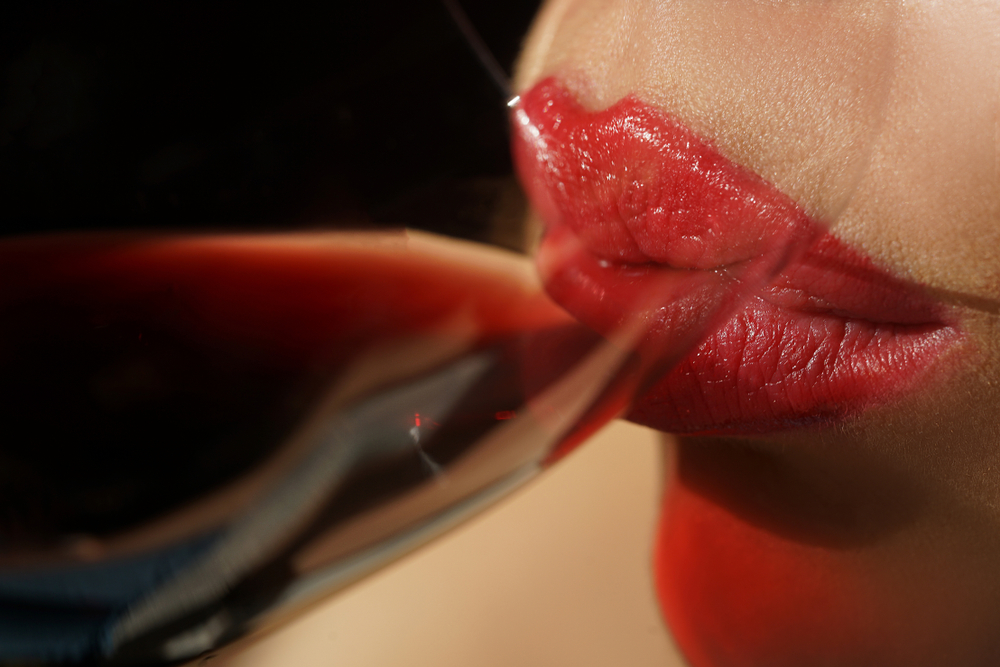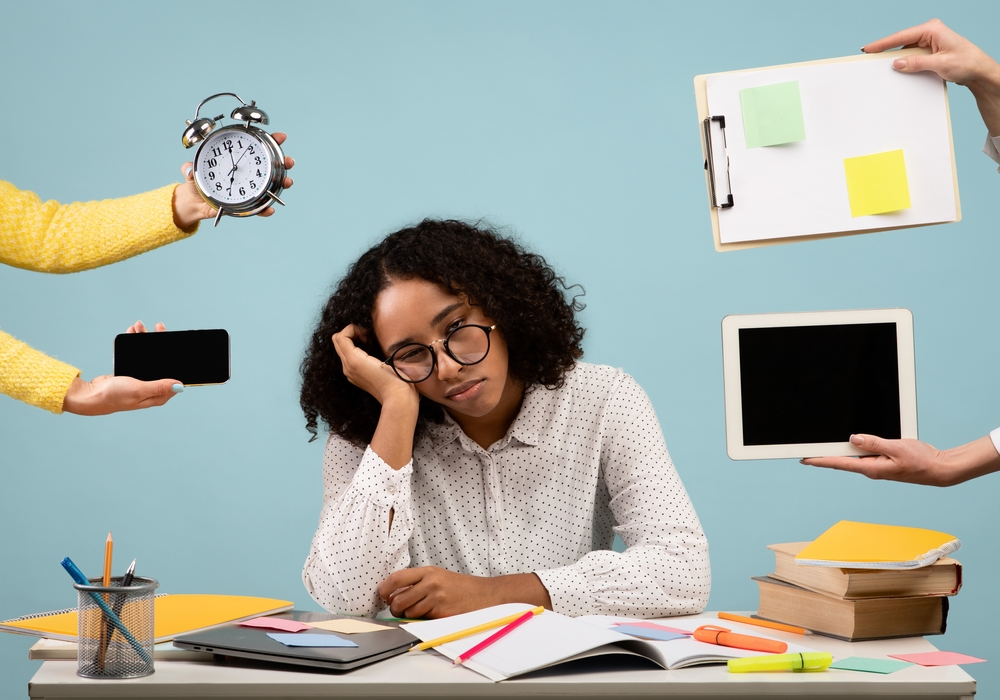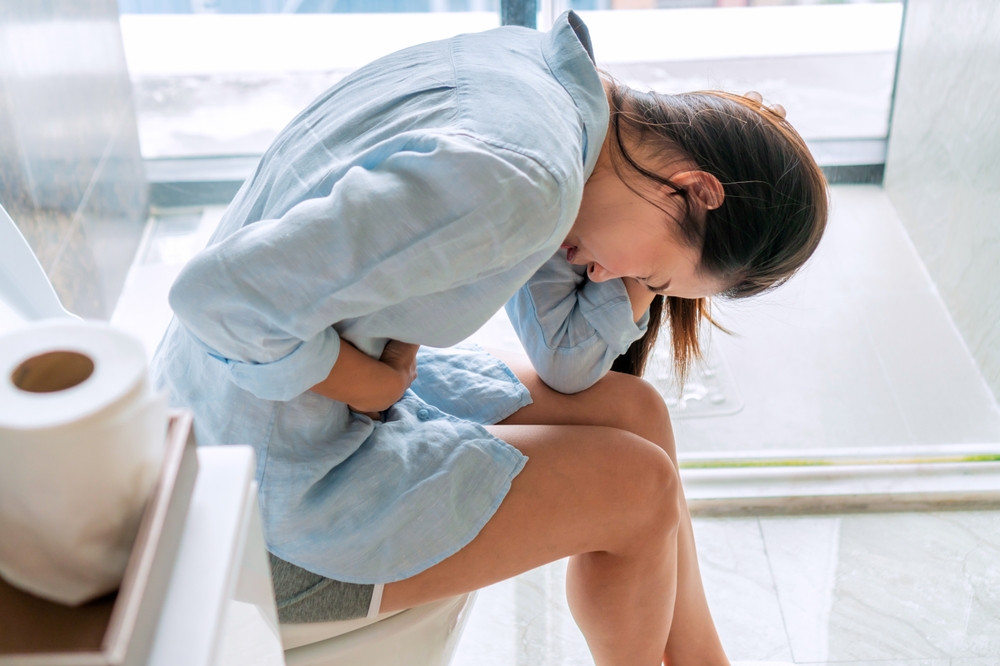Many of us have a drink to unwind or enjoy a glass of wine over dinner after a long day. The problem is what starts as a casual drink can creep up on you, and you can become dependent on alcohol without even realizing it. Here are 15 subtle clues that your drinking might be a problem, and if any resonate with you, it might be time to cut back for the sake of your physical and mental health.
1. You Can’t Get Your Next Drink Quick Enough

If your drinking habits start to take precedence over other activities or commitments, it could be an issue. When you begin to hanker for a drink or drink fast and can’t wait for the next one, it could be time to reassess your relationship with alcohol. Alcohol is a depressant, and it can interrupt your sleep, make you feel anxious, and affect your ability to engage in or enjoy other activities. Find healthier ways to balance stress, lower the amount you drink, and stop letting it disrupt your life.
2. You Need a Drink to Get Your Social Legs

If you feel awkward or underconfident in social gatherings without a drink, it’s a problem. When you rely on alcohol to have fun or feel comfortable during social interactions, it can indicate that you’re using it as a social crutch rather than genuinely enjoying the company or activities. Practice socializing without alcohol, engage in activities where drinking isn’t the focus, and work on building confidence in your social skills.
3. You Hide Your Drinking

If you feel the need to make excuses for your drinking or go out of your way to conceal how much you’ve had, this is a major red flag. Hiding your drinking habits from others indicates you feel a sense of shame or an awareness that your behavior might be a problem. Be honest with yourself and others about your drinking habits, reflect on why you need a drink or feel embarrassed about how much you drink, and seek support if needed.
4. Your Life Starts to Derail

If your drinking habits are causing you to miss deadlines, show up late, or underperform at work, it means your relationship with alcohol has become unhealthy. Drinking excessively and being hungover can make you feel low and unmotivated, and you can start neglecting responsibilities and personal commitments. When alcohol impacts your professional or personal life, it’s a clear sign that it’s more than just a social habit. Reflect on and assess how alcohol is negatively impacting your life and cut back, set boundaries, or seek help so you can regain control over your life.
5. You Start Hitting the Bottle Earlier and Earlier

You know alcohol has power over you when you start craving a drink earlier in the day. When you start drinking in the morning or at lunchtime to kickstart your day or help you get through it, you have become dependent on alcohol. Reevaluate your drinking schedule and consider the reasons behind why you are reaching for a drink. If it’s because you are depressed and have unresolved trauma, it’s worth going to therapy to identify and work through your issues and find better ways to cope than self-sabotaging with alcohol.
6. You Engage in Toxic or Dangerous Behavior

Alcohol impairs your ability to function and lowers your inhibitions. If, when you have too many, you engage in risky behaviors like driving drunk, getting into altercations, or making impulsive decisions, this can have serious consequences on your safety and well-being. These behaviors indicate a loss of control and that you have fallen victim to alcohol misuse disorder (the new term for being an alcoholic). Recognize the dangers of getting intoxicated and commit to making safer choices. Seek professional help if you don’t know how to drink in moderation or control your behavior when drinking.
7. Your Drinking Is Hurting People

If your drinking is causing tension with your friends, family, or partner, it’s become a noticeable problem. They may express concern, or your behavior can cause misunderstandings, arguments, and even fear (especially among your kids). Alcohol-induced conflicts or distancing from loved ones are signs that your drinking is impacting your interpersonal relationships. This can make you feel ashamed, especially if you can’t give up, and even strengthen your cycle of dependence. Reflect on how your drinking is affecting your relationships, have an open conversation with those affected, and seek their support or consult a professional to break the cycle.
8. You Have No Idea What You Did Or Said

Excessive drinking impairs your cognitive functions and causes memory loss and blackouts. If you can’t remember what you said or did when you were under the influence of alcohol, it’s time to face that you have a problem. Especially if you behaved badly. Keep track of your drinking habits and note how often you experience blackouts. If this is happening often, it’s crucial to cut back on alcohol and seek professional help to address the underlying issues that are making you drink to excess.
9. You Use Alcohol to Numb Your Feelings

Reaching for a drink whenever you’re stressed, anxious, or overwhelmed is a double-edged sword. Alcohol is a relaxant, so it works miracles, helping you unwind (in the moment). Alcohol might temporarily numb the pain, but it doesn’t address the root issues, and it can make you feel even more stressed and depressed after. And when you use it to escape from problems rather than deal with them head-on, you are in a vicious cycle. Engage in healthier coping strategies and stress management practices such as therapy, exercise, mindfulness, or even going for a long walk when the urge to drink arises.
10. You Prefer to Drink Alone

Alcohol should be enjoyed recreationally and in moderation. If drinking alone becomes a regular occurrence, this is a sign you are using alcohol as a coping mechanism or to ward off isolation or loneliness. Find healthier ways to cope with stress and lean into your social network. Engage in activities that bring you joy and make you feel connected to others. Join a group, take up a new hobby, and plan social events that don’t involve alcohol.
11. You Feel the Need to Justify Your Drinking

You know you have a problem when you constantly feel the need to justify or make excuses for your drinking. You might blame stress and celebrations or use social situations as a reason to drink more. Justifying your drinking points to a lack of control over how much you are drinking. It’s a way to rationalize habits that have crossed into problematic territory. Be honest with yourself, reflect on why you need to find excuses to drink, and take proactive steps to limit your consumption or quit altogether.
12. You Feel On Edge Sober

If you experience mood swings, irritability, or physical withdrawal when you don’t drink, it’s evidence you are physically and psychologically dependent on alcohol. If you live for your next drink or promise yourself you won’t drink but then head out to the wine store, alcohol is influencing your emotional state. Work on managing your mood and emotions without relying on alcohol. Consider therapy or AA groups to understand why you drink and to develop healthier coping strategies.
13. You Drink to Fit In

Drinking is one of the most socially accepted drugs, and many of us drink to fit in or not stand out in social situations. Using alcohol to influence your social status rather than because you genuinely enjoy it reflects a lack of self-confidence and an overreliance on alcohol. Focus on building self-esteem and confidence without alcohol. Engage in social activities where you can be yourself, feel accepted, and not be afraid to say no. The sober movement is a thing; no one will look down on you.
14. You Feeling Physical Withdrawals

If you experience physical symptoms like headaches, get the shakes, or feel nauseous when you haven’t had a drink for a while, your body has become addicted to alcohol. When you drink regularly and excessively, your body has adapted to regular alcohol consumption and will react negatively to its absence. This is ironic as drinking alcohol is one of the worst things you can do for your physical and mental health. It’s a natural depressant; it’s high in sugar, can disrupt your sleep, and trigger premature aging. If you’re experiencing withdrawal symptoms, it’s crucial to seek medical help and support for alcohol dependence.
15. You Can’t Stop Even If You Feel Ashamed

Alcohol can creep up and take control over your life. It can also cause you to feel shame, especially if you experience health issues, relationship problems, or legal troubles. If, despite this, you aren’t able to admit you have a problem or cut down on drinking, you could be in a pattern of denial and self-sabotage. Reflect on the consequences of your drinking and its impact on your life and those you love. Seek support from friends, family, or counselors to give up. You might find quitting alcohol is the best decision you have ever made.




